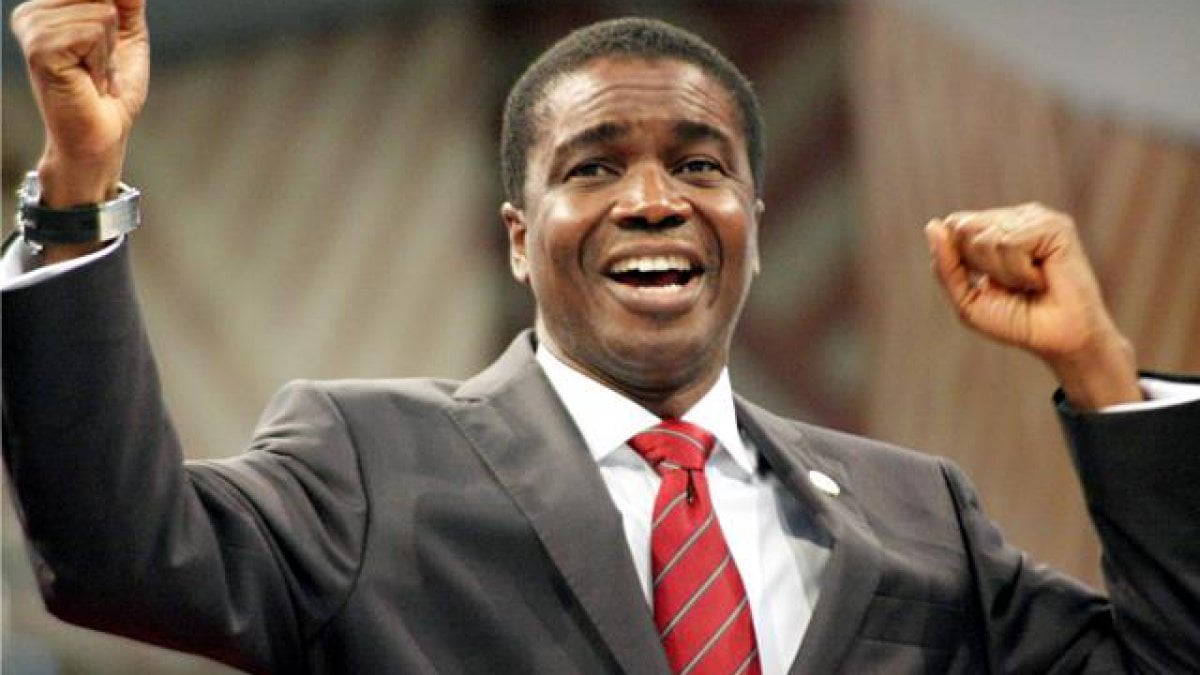Crime & Law
India bans 2 deadly opioids behind crisis in Nigeria, others

Indian regulators have issued an immediate ban on the manufacturing and export of two addictive opioids, following an investigation that revealed their connection to a growing public health crisis in Nigeria and other parts of West Africa.
India’s Drugs Controller General, Dr. Rajeev Singh Raghuvanshi, confirmed the decision to revoke permissions for the drugs.
A BBC investigation earlier uncovered that Aveo Pharmaceuticals had been illegally exporting a combination of tapentadol and carisoprodol to countries like Nigeria, Ghana, and Cote D’Ivoire. Indian authorities have since raided the company’s Mumbai facility, seizing the entire stock of the drugs.
Dr. Raghuvanshi’s directive, dated Friday, cited the BBC’s findings and noted the severe health risks. Officials had also assessed “the potential of drug abuse and its harmful impact on population” before implementing the ban.
READ ALSO:Security forces capture suspected drug supplier linked to bandits operations
Tapentadol is a potent opioid, while carisoprodol is a muscle relaxant so addictive it has been banned in Europe. In the United States, carisoprodol is only approved for short-term use of up to three weeks due to severe withdrawal symptoms, including anxiety and hallucinations.
No country licenses the combination of these two drugs, as they can cause breathing difficulties, seizures, and fatal overdoses. Despite the dangers, they have become popular street drugs in parts of West Africa, where they are affordable and easy to obtain.
Export records indicate that Aveo Pharmaceuticals and its affiliate, Westfin International, shipped millions of these tablets to Ghana and other West African nations. The BBC also discovered Aveo-branded pills being sold openly on the streets of Nigeria and in towns across Côte d’Ivoire.
With a population of 225 million, Nigeria is the largest market for these opioids, with an estimated four million people abusing some form of opioid, according to the country’s National Bureau of Statistics.
As part of their investigation, the BBC sent an undercover reporter posing as a businessman seeking to supply opioids to Nigeria. The reporter filmed Aveo director Vinod Sharma inside the company’s factory, showcasing the same dangerous products that were found circulating in West Africa.
(BBC)





















